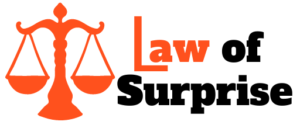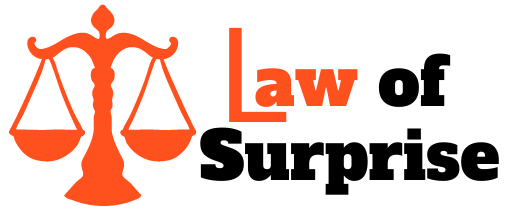The Cheeksprincesss Leak incident has recently stirred up controversy and concern within the online community. With allegations of sensitive information being exposed, many individuals are left wondering what exactly transpired and how they can protect themselves from similar situations in the future. In this blog post, we will delve into the details of the Cheeksprincesss Leak, explore the implications of such breaches, and provide tips on safeguarding your data and privacy online.
Understanding the Cheeksprincesss Leak
The Cheeksprincesss Leak refers to a data breach that occurred on the popular social media platform, exposing personal information of millions of users. The leak reportedly included usernames, emails, passwords, and other sensitive data, leading to concerns about identity theft and privacy violations.
Implications of Data Breaches
-
Identity Theft: One of the most significant risks associated with data breaches is identity theft. Cybercriminals can use your personal information to commit various forms of fraud, such as opening credit accounts or filing tax returns in your name.
-
Privacy Violations: Data breaches can compromise your privacy by exposing intimate details or conversations that were meant to be private. This can lead to embarrassment, harassment, or even blackmail.
-
Financial Loss: In some cases, data breaches can result in financial loss if cybercriminals gain access to your banking or credit card information. They may make unauthorized transactions or drain your accounts.
Protecting Your Data and Privacy
-
Use Strong, Unique Passwords: Utilize complex passwords that include a combination of letters, numbers, and special characters. Avoid using the same password for multiple accounts.
-
Enable Two-Factor Authentication: Add an extra layer of security by enabling two-factor authentication on your accounts. This requires a verification code in addition to your password, making it harder for unauthorized users to access your accounts.
-
Regularly Update Your Software: Keep your operating system, antivirus software, and apps up to date to patch any security vulnerabilities that cybercriminals could exploit.
-
Be Cautious of Phishing: Do not click on suspicious links or provide personal information in response to unsolicited emails or messages. Phishing attacks often target sensitive data by posing as legitimate entities.
-
Monitor Your Accounts: Regularly monitor your bank statements, credit reports, and online accounts for any unauthorized activity. Report any suspicious transactions or discrepancies immediately.
FAQ
-
What Should I Do If My Data Was Compromised in the Cheeksprincesss Leak?
If your data was exposed in the breach, immediately change your passwords for all affected accounts and enable two-factor authentication. Monitor your accounts for any unusual activity and consider freezing your credit to prevent identity theft. -
Can I Sue Cheeksprincesss for the Data Breach?
Depending on the circumstances of the breach and the applicable laws, you may have legal recourse against Cheeksprincesss for failing to adequately protect your data. Consult with a legal professional to explore your options. -
How Can I Check If My Data Was Affected by the Cheeksprincesss Leak?
Websites like Have I Been Pwned or similar services can help you determine if your email address or other personal information was compromised in known data breaches, including the Cheeksprincesss Leak. -
Is It Safe to Continue Using Cheeksprincesss After the Data Breach?
While Cheeksprincesss may implement additional security measures following the breach, it is crucial to assess the risks and consider whether the platform adequately safeguards your data. Exercise caution and regularly review your account settings. -
What Steps Should I Take to Protect My Data Online?
In addition to utilizing strong passwords and enabling two-factor authentication, consider using a reputable VPN service, avoiding public Wi-Fi for sensitive transactions, and limiting the information you share on social media to minimize your exposure to potential data breaches.


